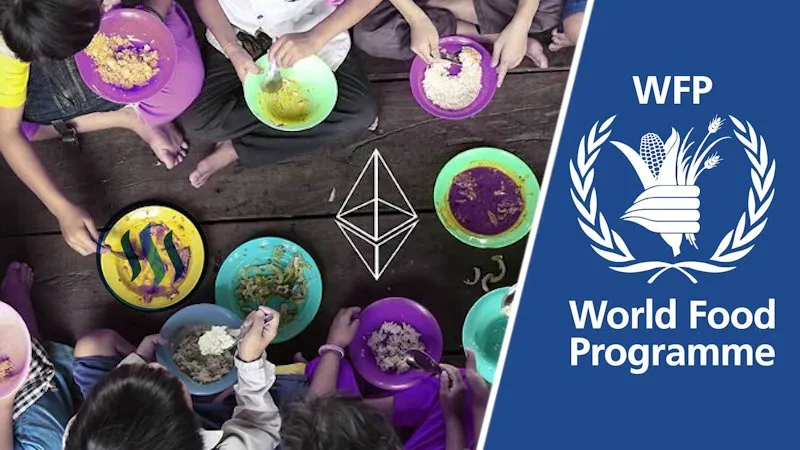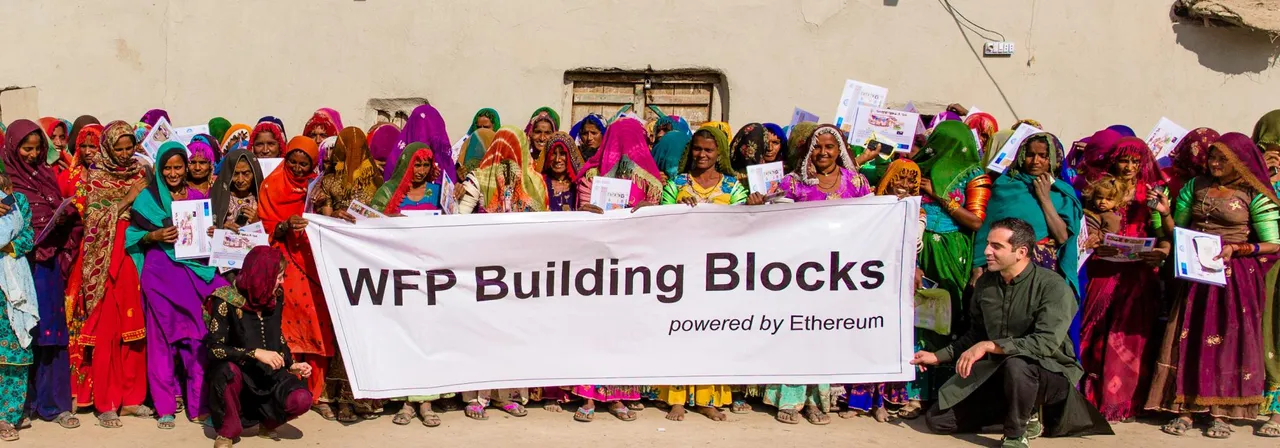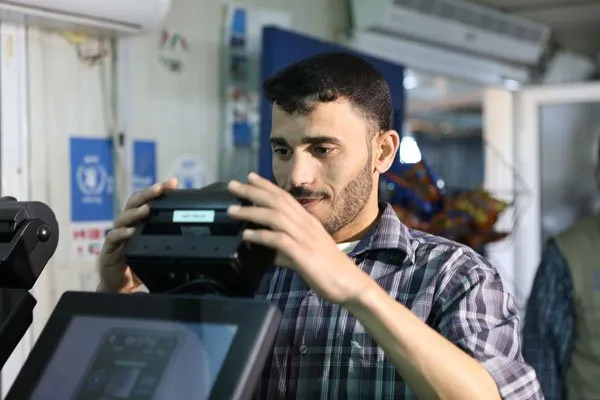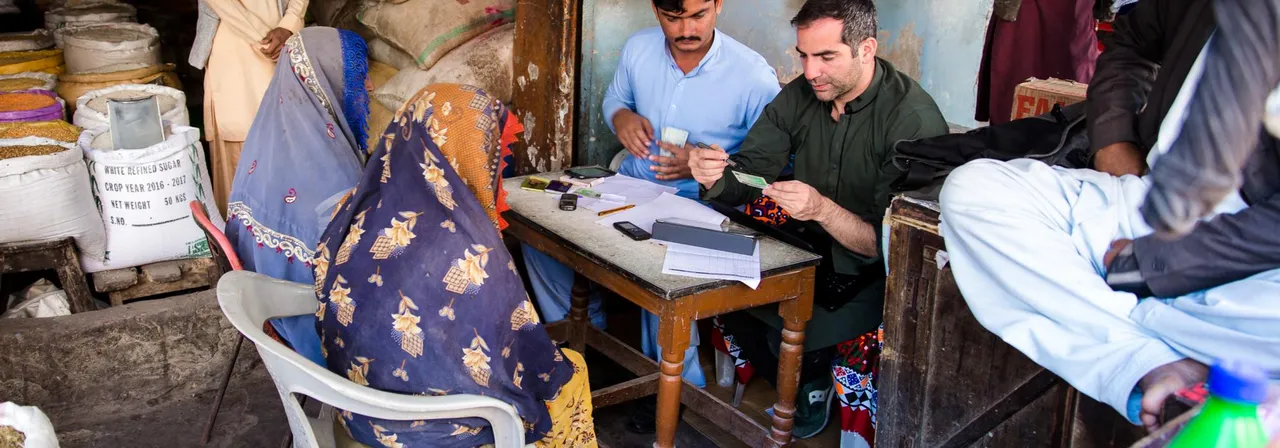
Blockchain technology is the future - no one knows that better than we here on Steemit.
But slowly, the general public is also becoming aware of the advantages!
The United Nations have started using the Ethereum Blockchain as a way to distribute aid to those in need.
As a test run earlier this year, the UN used the Ethereum Blockchain to send funds from the World Food Programme (WFP) to 100 people in Pakistan.
They have named their new project "Building Blocks", in collaboration with Blockchain Technology.
Since that pilot project was a success, they will now move on to the next step.

In January 2017, WFP took the ambitious step of piloting an early stage blockchain project, named ‘Building Blocks’, at field level. Deep in the heart of Sindh province, Pakistan, WFP tested core assumptions and the ability of blockchains to authenticate, record, and reconcile cash and food assistance transactions. As beneficiaries received in-kind food assistance, and a WFP-cash transfer in addition, coded transactions were inputted into the system by the vendor and authenticated and recorded on a public blockchain through a smartphone interface while they waited. Transaction reports generated from the system were used to reconcile the disbursements and ensure trust between the parties. Adopting key learnings, and having confirmed the technical feasibility and usability of a basic blockchain system, WFP’s ‘Building Blocks’ project is building a robust blockchains engine to support multiple facets of CBT, with transaction reconciliation as a first step. The expanded pilot using this system is expected in the spring of 2017.-WFP Building Blocks Project
Starting May 1, the UN will distribute aid to over 10,000 people in Jordan.
The UN hopes to raise the number of 10,000 people to 100,000 by August, and even support all of the refugees in Jordan with Blockchain technology by the end of the year.
The exact amount of funds was not named.
The ultimate goal is to aid over half a million people in need through Blockchain Technology by 2018.

How exactly will the distribution work?
Many different shops in refugee camps in Jordan will receive "cryptographically unique coupons representing an undisclosed number of Jordanian dinars".
In the previous project in Pakistan, smartphones were then used to distribute the funds to the people in need - but for this larger scale project, the UN is using an even more ambitious and futuristic technology that doesn't depend on an internet connection:
The company IrisGuard has created eye-scanning hardware which is already being used to confirm the identity of 500,000 people receiving aid.
A part of those people will now be granted access to the cryptocurrency coupons through the eye-scanning verification.
Employees at the shops will then help distribute the funds to those eligible to them.
This will be an iconic project to set an example how Blockchain technology can be used for charitable causes in the future.
If an organization as big as the United Nations chose and trusted Ethereum, it will surely encourage other companies to finally step into the "unknown territory" that is cryptocurrency and blockchain technology.

The UN aims to expand the project in the future, supporting not only people in Jordan but in all of the 80 countries where the WFP helps refugees worldwide!
Images: 1, 2, 3, 4, Sources: 1, 2, 3, 4, 5, 6, 7
- Instagram -

© Sirwinchester